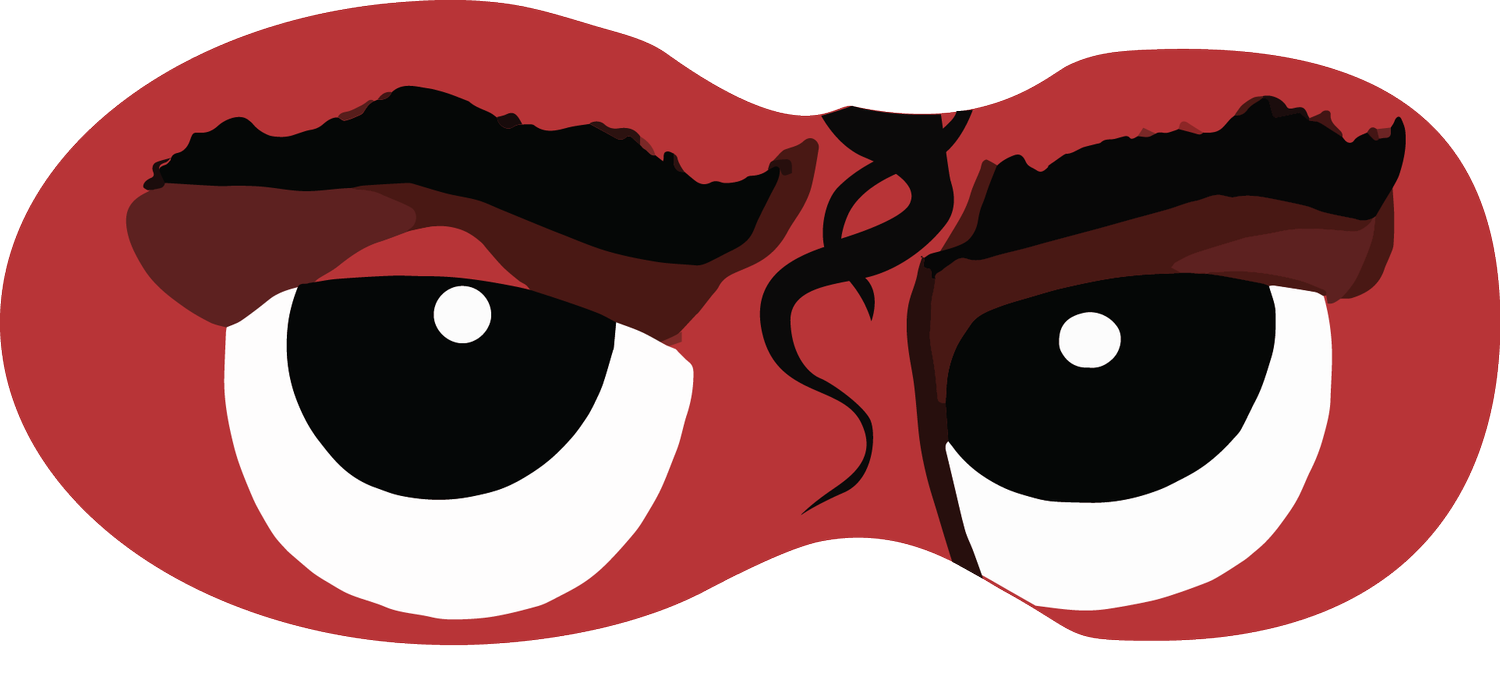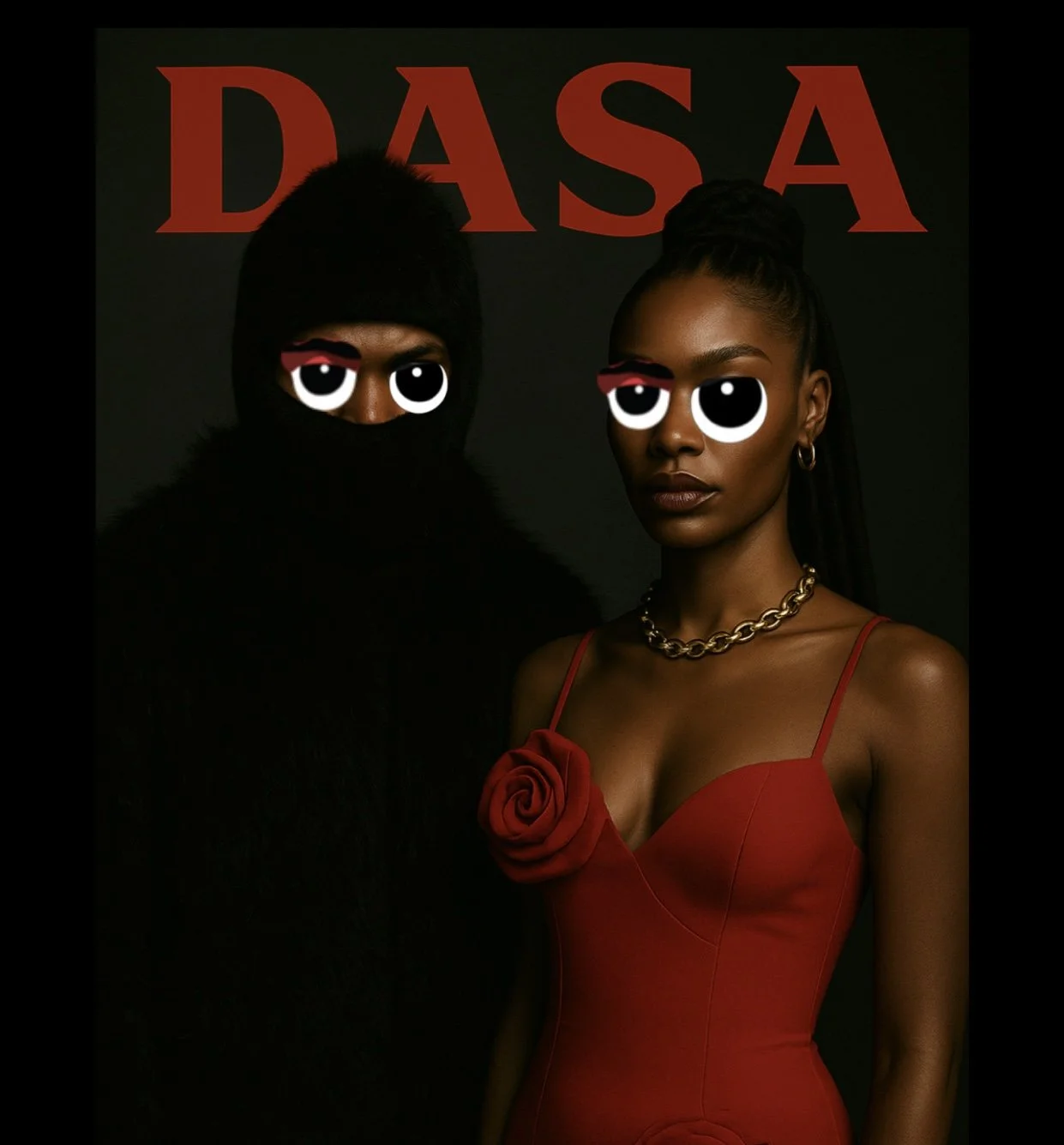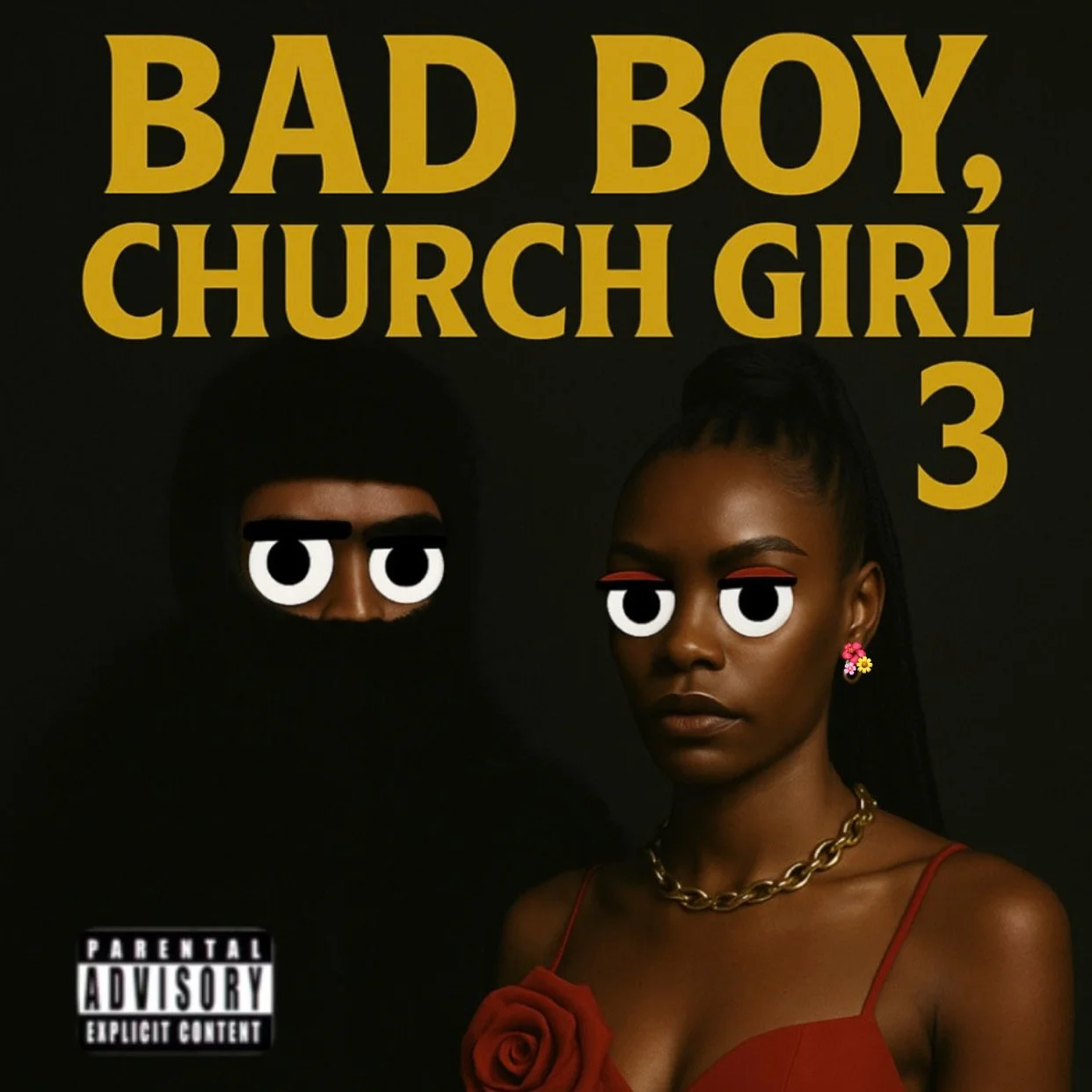Bad Boy, Church Girl 3.
As Mum’s wealth grew, she traded family dinners for church pews, attending services four times a week. Her devotion was changing her—and pushing us away. Dad wasn’t thrilled. He started staying out late, slipping away to clubs or who-knows-where. Everyone felt like pastors words mattered more than anything else. Mum noticed Dad pulling back, the family was drifting apart. Guilt gnawed at her. To make things right, she had an agent book a first-class trip to the Swiss Alps, a surprise for Dad.
The day before the trip, Dad sprang it on her. “I have to cancel,” he told her, packing a suitcase. Suppliers needed him in London to finalize a deal he had worked on all year. It was going to be his biggest payday yet. His new gold watch glinted, flashier than his usual style.
“Are you staying with Jimmy?” Mum asked, meaning her brother, my uncle.
“Yeah,” Dad said.
“Are you two talking now?” Dad asked.
“No, he still hasn’t apologized,” she replied, her voice tight.
Mum was crushed but didn’t push. Uneasy about outearning him, she bit her tongue, avoiding questions that might seem bossy. She’d reschedule.
Dad flew to London the next day.
Across the ocean, at Heathrow’s arrivals, Uncle watched Dad stride through the terminal, his shoes clicking faster, an unusual urgency in his step. “Let’s go, let’s go!” Dad hissed, eyes darting behind him. Uncle’s jaw tightened, sensing trouble. They hurried to the car, Dad clutching a briefcase and a carry-on. Three men trailed not far behind, their faces unknown. Uncle sparked the engine before closing his door, and they sped off, tires squealing.
Uncle was pissed, and rightfully so. He’d been chasing British citizenship for twelve years, tiptoeing around immigration rules. Dad’s shenanigans could ruin everything. “Boat, what’s going on?” he demanded.
“Oh, It’s nothing,” Dad brushed off.
“It can’t be nothing!” Uncle insisted.
“It’s nothing!” Dad snapped. “Drop me at Thorney Park Golf Club.”
“No,” Uncle said. “That’s the opposite direction.”
Dad’s face hardened. “Pull over.” He grabbed his briefcase, slammed the car door, and flipped Uncle the middle finger. “Fuck you,” he spat. Furious, Uncle called him ungrateful and peeled away.
Back home, Uncle reversed into his driveway and noticed Dad’s carry-on still in the backseat. He lugged it inside, muttering, and went on with his night.
Days passed. No word from Dad. Not the first day, nor the second. By day three, Uncle’s unease grew—Dad knew London, had Uncle’s apartment address, friends, but this was too long. He called Dad’s frineds in London to find out. No one had heard from him. Uncle worried, swallowed his pride and called Mum. She hadn’t heard from him either. Her worry flared; she urged Uncle to report it to the police, but he refused, fearing it’d flag his immigration status—a risk he wouldn’t take, not even for family.
In Ghana, Mum’s fear consumed her. She rallied thirteen church members at dawn, their prayers—a mix of Twi and strange tongues like “RAMAFKA, BAKALA, JAMAFATA”—echoing through our hall.
I watched, a kid confused by this talk of the Holy Spirit. What were these words unlocking?
By night, six other members joined, singing praise and worship songs and praying. The weekend felt like a vigil, as if Dad were already gone.
On Sunday, Uncle was driving home from the market, two minutes from his flat, when an unknown number rang.
It was Dad, voice low on a borrowed burner. “Where are you?” Dad asked.
“Two minutes from home. What’s up?” Uncle replied.
“A friend will call you. He’ll come for my bag. I can’t talk now—I have to go.” In the background, a voice hissed, “The guards are coming! Hide it, hide it!” The line cut dead.
Uncle’s gut churned. Guards? Jail guards? Was Boat arrested? His immigration status had him on edge, and now Dad was dragging him deeper. He floored the gas, reaching home in a sweat. Paranoid, he bolted to the guest room where he’d stashed the bag. Something was off—Dad’s urgency, the call, that friend.
He unzipped the carry-on, rifling through clothes, and froze. Six cello-taped bricks of white powder lay nestled inside. Cocaína!
His heart raced. The trouble he could be in—immigration would bury him.
The phone rang again. A gruff voice said, “Boat’s bag. I’m outside.” Then the doorbell buzzed. At the door stood a man Uncle didn’t know, in a leather jacket, fedora hat, and mirrored sunglasses. “Boat,” the man said, a single word. Uncle, hands trembling, handed over the bag. The man nodded and walked off without a word.
Uncle locked the door, mind reeling. Dad had played him, used his apartment as a safe house, hid drugs under his nose. His phone must’ve been taken in the arrest, leaving him to scramble with that burner.
Furious, betrayed, and terrified for his future, Uncle called Mum, spilling everything—the drugs, the jail call, the stranger who took the bag.Everything.
“He’s not who you think!” he shouted.
As Uncle ranted, it clicked for Mum.
The constant trips, the flashy watch, the deal of a lifetime—it had nothing to do with spare parts. In that moment, she realized the man she’d married was a stranger.
And just like that, she saw him for what he was:
My Dad is a fkn G.
THE END.




